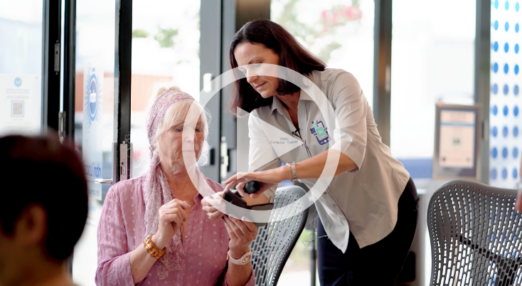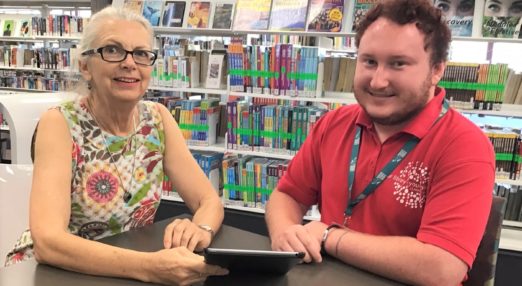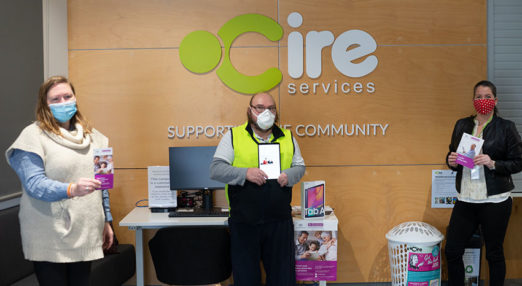Digital skills in a crisis
Recent natural disasters and the COVID-19 pandemic highlight the need for every Australian to have the digital skills to find reliable information online and connect with friends, family, and essential recovery services.
The bushfire crisis followed by the COVID-19 pandemic highlighted digital inclusion as an issue for all Australians. People in our communities need to have the digital skills and confidence to find reliable information online and connect with friends, family, community and essential recovery services.
Australian adults increased their internet usage during the first COVID-19 lockdown in 2020 and saw it as essential for paying bills, accessing news and information, staying in touch with loved ones, working and entertainment. The pandemic has also seen a rapid digitisation of many workplaces and services.
But, not everyone in Australia has equal access to the internet, and many do not have the skills to use it confidently and independently. This has put many people at a disadvantage when it comes to participating in online education and remote work arrangements, keeping socially connected with friends and family, and accessing services such as online shopping.
The combination of the Black Summer bushfires and COVID-19 pandemic increased the risk of misinformation spreading quickly online, which can cause real-world harms and be a barrier for people trying to find accurate and reliable information quickly in a crisis.
We believe that those who are most at risk of digital exclusion plus those with low levels of understanding of misinformation could benefit from tailored programs and supports.
What we're doing
Find out more about how we are supporting communities during crises and advocating for digital skills support.



